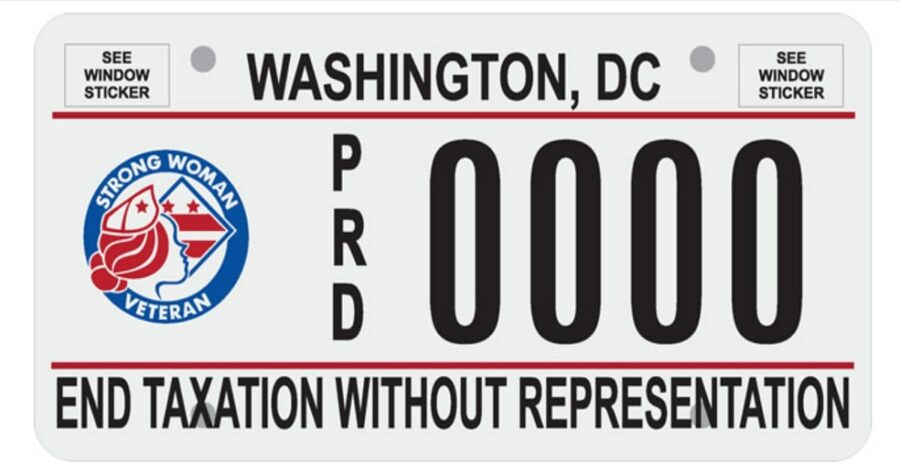Washington D.C, “Taxation Without Representation”
- Kingston Bailey
- Southern USA
- Trending
- U.S.A
- Western USA
- February 9, 2023

When will Washington D.C gain Statehood and become the 51st State?
Washington D.C., also known as the District of Columbia, is a unique entity in the United States. While it is the capital of the country and home to numerous important government buildings and monuments, it is not considered a state. Therefore, its residents do not have the same representation in the federal government as other citizens do. This lack of representation is known as “taxation without representation” and has been debated for many years.
Washington D.C. has a population of over 700,000 people, many of whom are African American and minority residents. These residents are disproportionately affected by the lack of statehood and representation in the federal government. This is because they are unable to participate in the political process and have their voices heard in the same way that other citizens do.
The lack of statehood for Washington D.C. is due to political reasons. If it were to become a state, it would give the Democrats a solid control of the Senate and House of Representatives, which is a major concern for many Republicans. This is because the District of Columbia is heavily populated by Democrats, and granting statehood would result in the addition of two new Democratic senators and additional members of Congress.
Washington D.C. also does not have a governor, and this lack of representation is further compounded by the fact that it is considered a city rather than a state. Therefore its only representation is that by the Mayor.
The Mayor does have some unique powers due to the city’s lack of statehood. To compensate for this lack of statehood, the Home Rule Act of 1973 granted the Mayor of Washington D.C. certain powers, including the ability to draft the city’s budget, appoint members to local boards and commissions, and sign or veto legislation passed by the city council. Should statehood be granted, many of the powers entrusted to the city will likely be dissolved.
The recent attack on the U.S Capitol building on January 6, 2021, highlights the importance of statehood for Washington D.C. Had it been a state, it would have been able to call up the U.S national guard to help control the situation. This is just one example of how statehood can benefit the residents of the District of Columbia.
The history of Washington D.C., and its lack of statehood is a complex one. The District of Columbia was created by the U.S. Constitution in 1790 as a federal district to serve as the seat of government. It was intended to be a neutral space where the federal government could operate without interference from any state government. Over time, however, the city grew and developed into a bustling metropolis with a large population of residents.
Despite its growth and the fact that it is home to a significant number of citizens, Washington D.C. may never be granted statehood. This is due in part to the political considerations mentioned above but also to the unique status of the city as the seat of government. Some argue that granting statehood to Washington D.C. would interfere with the functioning of the federal government and undermine the principle of the founding fathers to have the capital in a neutral state.
However, proponents of statehood argue that it is unjust to deny the residents of Washington D.C., representation in the federal government. They point out that the city has a higher population than the two states, Wyoming and Vermont, yet its residents do not have equal representation in the government. This lack of representation has serious implications for the rights and freedoms of Washington D.C. residents, including their right to vote and their ability to participate in the political process.
There have been numerous bills introduced in Congress to grant statehood to the city, but so far, none have been successful. However, the recent attack on the U.S. Capitol building has brought the issue to the forefront once again, and there is growing support for statehood among both Democrats and Republicans.








